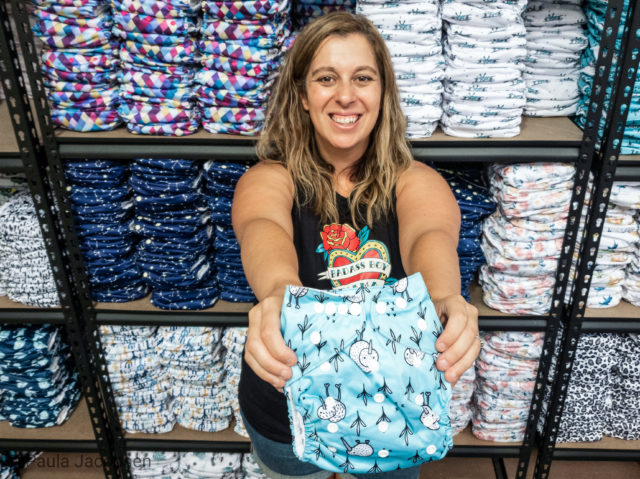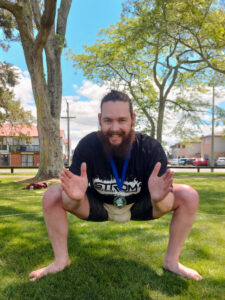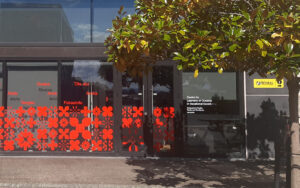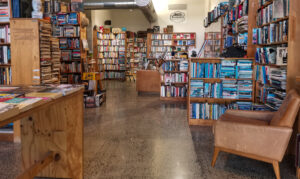Baby, it isn’t easy going green
How can something so cute be good for the environment and your pocket?

Growing Hamilton business, Bear and Moo, manufactures fun and eco-friendly cloth nappies and family products.
Hannah Porter, the owner of Bear and Moo, says that small changes, whether at home or in your business, can make a big difference. She has changed from disposable nappies to cloth nappies as both an environmental and an economic decision.
“Once children come along, money doesn’t go far when you
have to pay for nappies as well. I was
finding that nappies were $30 per box and we were going through a box per
week. A quarter of our budget was going
on things that we were throwing out. I
was like ‘This is ridiculous.’”
“Every disposable nappy that has ever been made on the planet, is still in existence today. “
When Hannah couldn’t find what she was looking for in a cloth nappy, she designed a line of her own. Not long after, in June 2018, the Bear and Moo website went live.
However, Hannah quickly discovered that while designing a successful eco-line was one thing, creating a sustainable business was another.
She learned there are some hurdles to running her business as a green one because manufacturing, packaging, shipment, and even labeling, have an environmental impact.
“Every nappy and every wet bag [arrived] individually plastic wrapped [from the manufacturer]. And very quickly, ‘I went, I am not OK with this.’ I had a conversation with our supplier and said ‘Look, we don’t want this.’”
Now, they all come inside one large plastic bag inside a box. that one bag gets recycled, as opposed to 6000 individual plastic bags going to landfill.
“Another big issue we had to overcome was how we were getting them to New Zealand in the first place. So now we have switched from air freight to sea freight. We send everything out in home compostable bags. We recycle everything; paper, cardboard, soft plastics, anything we can. We recycle as we go.”
Hannah’s perseverance has paid off and she has some great knowledge to share. She has been in talks with the local government to hold workshops or coffee meetings where locals can come and learn about cloth nappies to help reduce waste within the community. It will also help those families who have limited budgets save money by using cloth nappies rather than buying disposable.
For Hannah small changes make a big difference and do not need to be difficult or expensive.
After all, she says, “If you are going to do it, do it right.”




